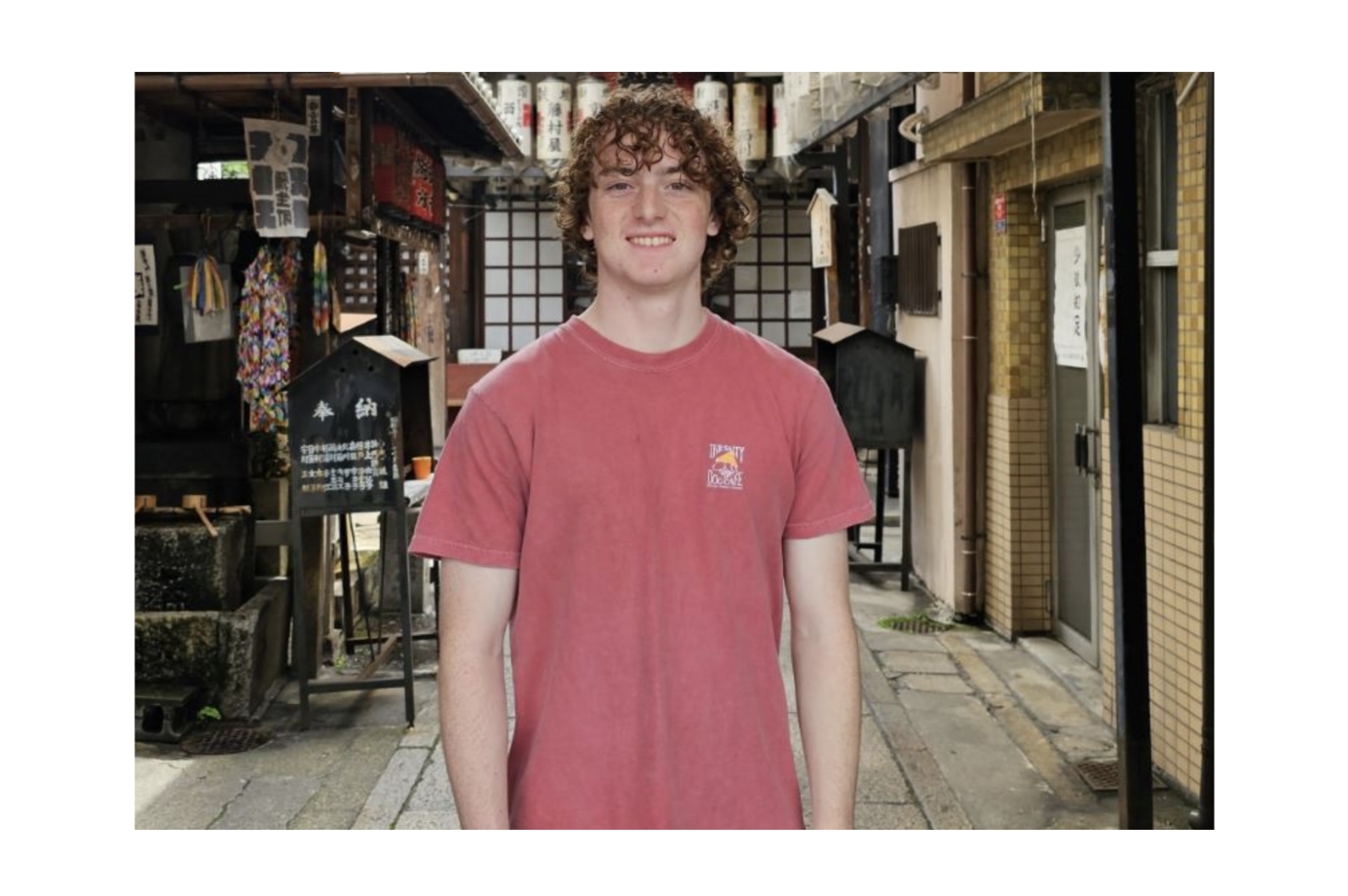
Sandro Mocciolo ('27), an Environmental Studies, History, & Political Science triple major, conducted research to evaluate the development of philosophical and spiritual perspectives towards human-nature relations under the mentorship of Dr. Justin Mullikin (Department of Critical Writing). This research was supported by the College Alumni Society Undergraduate Research Grant.
I researched how the diverse influences and inspirations for environmental thought during the Transcendentalist movement challenge our cultural notions and binary categorizations of Eastern and Western thought. My research process included close readings of historical texts, literature review, and visits to historical Transcendentalist sites in New England.
I have always been drawn to the environmental humanities. As a freshman, I was very new to the world of research. I thought the best way to introduce myself to college-level academic research for the first time would be to start with a topic that I am both familiar with and passionate about. Reading Walden by Henry David Thoreau and learning about Buddhism from my mother were experiences that drew me to Transcendentalism and global environmental philosophies early on. However, this research forced me to delve far deeper than my level of familiarity, prompting me to reach new levels of understanding and learn about myself in the process.
While I was grateful to form strong relationships through the usual research connections—mentors and peers—I also formed exciting relationships unexpectedly. For example, on my visit to Fruitlands Museum, the site of a historical Transcendentalist living community, I met a man stationed at Fruitlands Farmhouse sharing the history of the place. He was excited that I had visited and deeply cared about the impact of Fruitlands and spreading awareness about its history. As such, I learned many important messages and pieces of information about the site from him. Furthermore, he boosted my confidence in my ability to connect often distinct topics—Transcendentalism, environmentalism, and Eastern vs. Western philosophy—into a single research question and argument.
Currently I am interested in a career in environmental policy. Success in this field, while requiring technical environmental science knowledge, is strongly rooted in an understanding of how environmental policies and public movements have developed to their current state as well as the global and intellectual landscape of environmental philosophy. This project furthered my understanding of environmental humanities, intellectually prepared me for an environmental policy career, and informed my personal philosophy as a practitioner. It helped me understand how contemporary public opinion and cultural perspectives are woven into the literature of the time, and to realize that the most global ideas can be pinpointed in the most hyperlocal reflections. I hope my career draws from my research to uphold an impactful, ethical, and informed view on the environment and religious and philosophical movements across the globe.
Interested in reading more first-hand accounts about undergraduate research? Check out the other experiences featured on our Student News Page and Social Media!